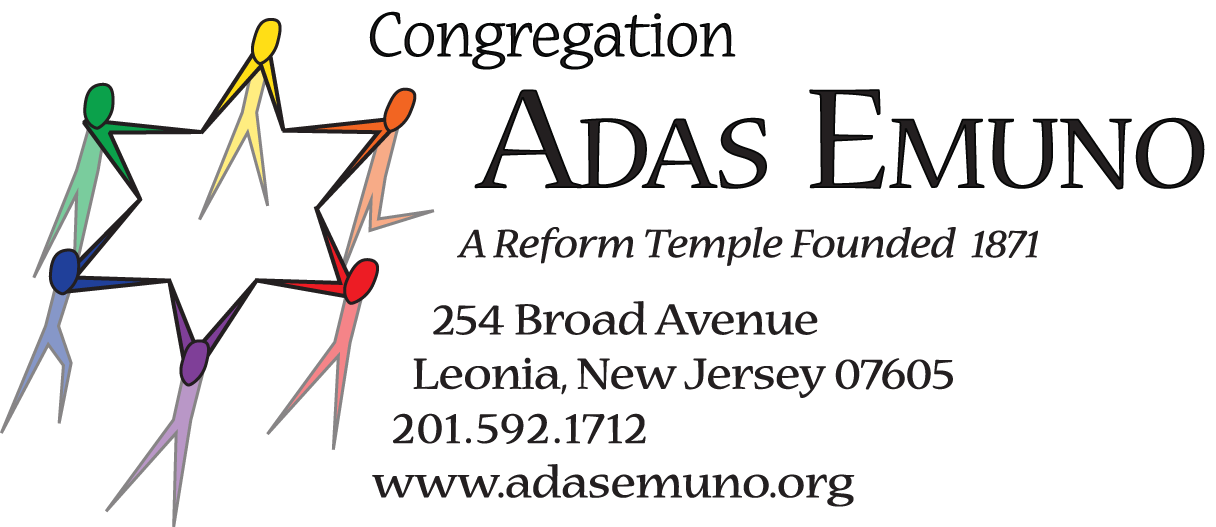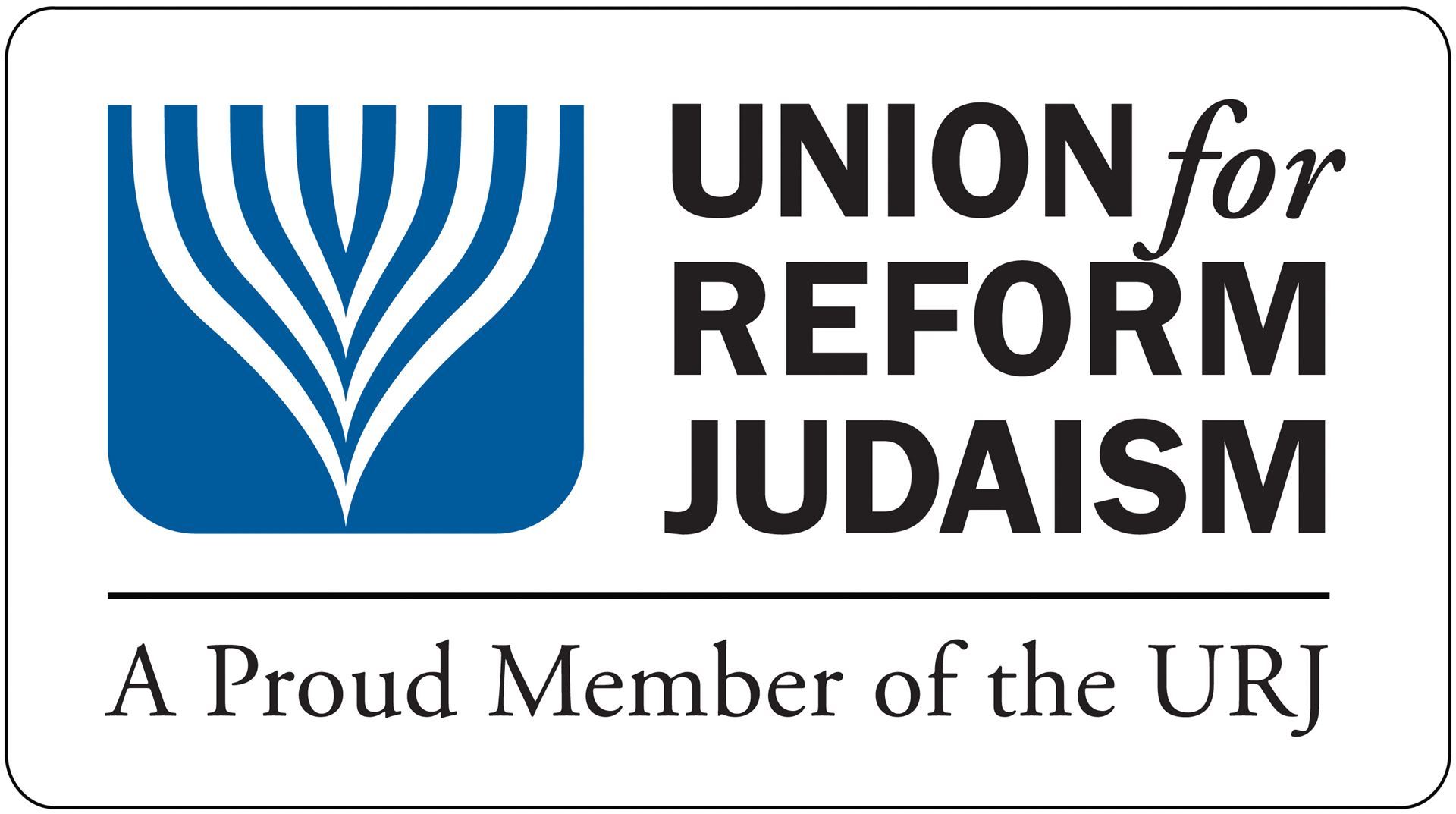AMERICA AT 250: FACING OUR HISTORY
Yom Kippur, 5786
Rabbi Barry L. Schwartz
Later this year our country will celebrate its 250th birthday. There was so much hoopla when we celebrated our bicentennial … There doesn’t seem to be as much hoopla, very little in fact, as we approach our 250th. Are we in the mood to celebrate? If not, why not?
Before we explore what I think is an important question, a humorous aside: what do you call a 250th birthday? I remember when Lance Strate introduced us to the word sesquicentennial when we celebrated our 150th. Few people could pronounce it or remember it. Well, for a 250th AI told me that we have several choices: semiquincentennial, which my Word spell check insists is not a valid word. Or sestercentennial, which my Word check insists is also wrong, but offers no alternative suggestion. The same with bisesquicentennial, which Wikipedia lists as a third option. We could also go with quarter millennium, which was accepted, only as two words. Let’s just stick with 250th.
There is so much to think about and say about America at its 250th. On a subject so vast I can only offer now, on this Yom Kippur morning, a single reflection. It is only one of the great challenges to our country at this moment. Yet I think it is fundamental to who we are and how we act as Americans in general, and as Jewish Americans in particular. It’s about facing our history. Facing our history because the truth matters. Facing our history lest we are doomed to repeat it. And facing our history in order to face ourselves.
On Jan. 25, just after assuming office, the president of the United States fired the first salvo. He issued an executive order “Ending Radical DEI Programs”. He labelled the teaching of diversity-equality- inclusion as un-American, because it often points out the dark side of American history.
On March 27 the President followed up with another executive order entitled “Restoring Truth and Sanity to American History”. He wrote: “Over the past decade, Americans have witnessed a concerted and widespread effort to rewrite our Nation’s history, replacing objective facts with a distorted narrative driven by ideology rather than truth. This revisionist movement seeks to undermine the remarkable achievements of the United States by casting its founding principles and historical milestones in a negative light. Under this historical revision, our Nation’s unparalleled legacy of advancing liberty, individual rights, and human happiness is reconstructed as inherently racist, sexist, oppressive, or otherwise irredeemably flawed.”
To be sure, there are writers and teachers that present unbalanced or incomplete perspectives. Those need to be called out and corrected. The president is right about that. But he goes too far; way too far, in negating all DEI and what we call “hard history”.
You do not throw out the baby with the bath water. We have come so far in this country to face the inconvenient truths of our history that were negated or suppressed until now. To turn back the clock on such hard won and vital perspectives is a disservice to ourselves and our children. We, and they, deserve to know the truth, whole and unvarnished.
Tell me: How can we teach about America without referencing her original sin of slavery? Without telling the story of how we wreaked havoc upon Native Americans? Without narrating the hundred years of segregation and discrimination of the Jim Crow south from the end of the civil war to the civil rights era? Without chronicling the inherited misogyny that denied women the vote and basic equality? Without revealing the xenophobia that led to wave after wave of anti-immigrant agitation and legislation? Without memorializing the homophobia that closeted generations? Indeed, without confronting antisemitism from the nation’s founding to today?
We might prefer to look away, but this too is America. An imperfect union, yet aspiring to wrestle with our past for the sake of our future.
A few years ago I did a marathon read of The 1619 Project—the epic study of slavery in America from its beginning in Jamestown colony to abolition. I thought I was reasonably well-versed in American history, but I was floored. At the scope of American slavery and its institutionalization into the very fabric of this nation. At its enduring legacy, to this day. Yes, there were some claims that needed revision, and were revised. But The 1619 Project was attacked from top to bottom. It was trashed by the president during his first term, and a counter narrative, The 1776 Project, was written to debunk and replace it.
Immersing myself in the 600-page tome was memorable. I was stopped in my tracks even before getting to page 1. The dedication page reads, simply, “To the more than thirty million descendants of American slavery”. Just think about that.
And the next page: a short poem by Langston Hughes:
I am the American heartbreak‒
The rock on which Freedom
stubbed its toe‒
The great mistake
That Jamestown made
Long ago
Two other excerpts. Historian Hasan Kwame Jeffries, brother, incidentally, to House minority leader Hakeem Jeffries, writes powerfully that when we neglect hard history “we are committing educational malpractice”. That’s haunting. Do we want to fail our children in this fundamental way?
Jeffries continues, “Although we teach [students] that slavery happened… we minimize slavery’s significance so much that we render its impact—on people and on the nation—inconsequential. This is profoundly troubling because it leaves Americans ill-equipped to understand racial inequality today, and that in turn leads to intolerance….”
And the lead author of The 1619 Project, Pulitzer Prize winning journalist Nikole Hannah-Jones, argues, “Our myths have not served us well. We are the most unequal of the Western democracies. We incarcerate our citizens at the highest rates. We suffer the greatest income inequality… If we are a truly great nation, the truth cannot destroy us. On the contrary, facing the truth liberates us to build the society we wish to be.”
She concludes, “We cannot change the hypocrisy upon which we were founded… We cannot make up for all of the lives lost and dream snatched, for all the suffering endured. But we can atone for it. We can acknowledge the crime. And we can do something to try to set things right, to ease the hardship and hurt of so many of our fellow Americans… Citizens inherit not just the glory of their nation but its wrongs too. A truly great country does not ignore or excuse its sins. It confronts them, and then works to make them right… If we are to be redeemed we must… finally, live up to the magnificent ideals upon which we were founded.”
What a lesson for Yom Kippur! Facing the part of us we’d rather forget. Owning up to our sins and to our shortcomings. Doesn’t our tradition insist that when we hide the truth or distort the truth we sin anew? If we can’t talk about the pernicious role of racism and bigotry in our country, we as American Jews become more vulnerable. And we’re vulnerable enough.
Every member of a minority in our great melting pot of a country becomes more vulnerable. And they’re vulnerable enough.
It is in our history, in our DNA to side with the vulnerable and the marginal and the forgotten and the oppressed. “Love the stranger, for you were strangers in the land of Egypt” is the most repeated trope in the Torah. I call it the great lesson of historical empathy.
The Torah never lets us forget where we came from, our most humble of origins.
And the Torah never shies away from the dark side of our ancestors’ history.
The Torah believes in Jewish exceptionalism”—after all, we are called the chosen people. But the Torah is relentless in exposing every time we fail to live up to our calling, every time we fail to live up to the commandments. That’s part of what makes the Torah so compelling and so relevant.
Shouldn’t we demand no less from our American history?
As our Reform movement stated back in February in response to the president’s executive order: “Telling the full story of our people has been essential to Jewish life; Americans of all backgrounds, ethnicities, religions, and identities deserve the same.”
I am always struck by a contemporary reflection in our Shabbat siddur that we often read before our ancient prayer of thanks for our freedom—the mi chamocha. It is by Michael Walzer, a professor emeritus at Princeton:
Standing on the parted shores of history, we still believe what we were taught before ever we stood at Sinai’s foot: that wherever we go, it is eternally Egypt; that there is a better place, a promised land; that the winding way to that promise passes through the wilderness; that there is no way to get from here to there except by joining hands, marching together.
The winding way to the promise of America has passed through a wilderness of peaks and valleys, triumph and trial, exhilaration and desperation.
It is our story, and it must be told to the fullest.
It is our story and we must own up to all of it.
Then, in those famous words “we will be able to speed up that day when all of God's children, Black men and white men, Jews and Gentiles, Protestants and Catholics, will be able to join hands and sing… Free at last. Free at last. Thank God almighty, we are free at last.”


